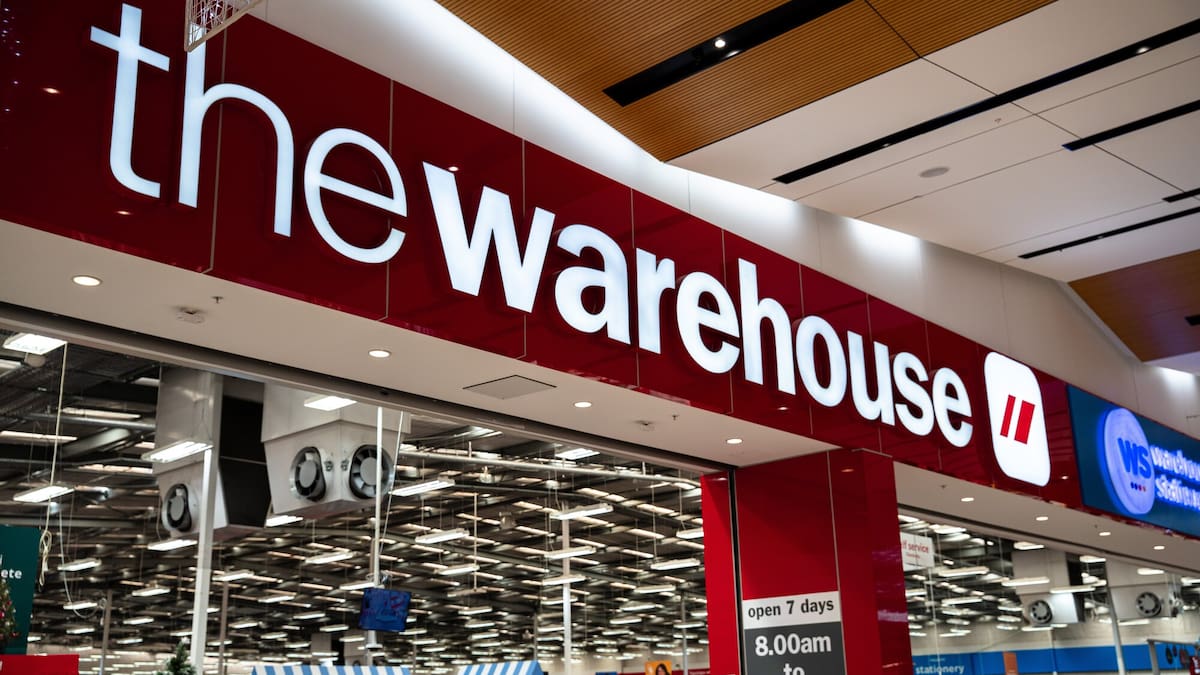“We’ve got frankly one of the largest toy retailers in the country that sold more than 12,000 potentially dangerous products into the market over a period of two years, all because of an error of judgment.“
He queried how contrite the retailer really was.
“In many respects, The Warehouse doesn’t think it’s done much wrong at all.”
Barry said the case was about small parts which could have or should have been removed from the product.
But Judge Simon Lance said the product packaging did advise shoppers of a choking hazard.
He said the product also warned: “Small parts not for children under 3 years.”
“It’s not on the outside of the box,” Barry said.
The packaging had a picture of a child clearly younger than 3, Barry said.
A product safety recall was issued for the Roo Crew take-apart vehicle.
He said the commission viewed the breach as obvious and the offending happened from 2021 to 2023.
The commission previously said firms could not dodge fair-trading obligations by labelling toys “for children over 3″ if the toy was designed or marketed for younger children to use.
Barry said one person at The Warehouse buying the product made a bad call, which went undetected.
“For a company the size of The Warehouse, that’s actually not good enough.”
He said a fine should be about two-thirds of the maximum penalty, which for companies was $600,000 per charge.
Barry said there were nine charges. So by his reckoning, The Warehouse should be penalised about $3.6 million.
If a hefty penalty was not imposed for such a big trader, there was little chance anyone in New Zealand would be substantially fined for such offending, he said.
Comparable cases?
In February this year, Bed Bath & Beyond was fined $230,000 after selling non-compliant children’s pyjamas and hot water bottles.
That included 3753 children’s pyjama sets without fire hazard information in the required spot.
There was a “big gulf” between Bed Bath & Beyond’s New Zealand revenue and that of The Warehouse, Barry said.
In 2023, NZME was fined $195,000 because a child needed surgery after swallowing magnets in a “buckyball” toy sold on GrabOne.
GrabOne is no longer part of NZME.
The Warehouse offended for much longer and sold far more products than the roughly 200 toys sold in the GrabOne case, Barry said.
Steel & Tube was fined $1.56m in 2020 for misleading conduct over “seismic grade” steel mesh products known as SE62 mesh.
In that case, Steel & Tube admitted 24 charges.
And in 2009, The Warehouse was fined $209,600 for misleading consumers about the advertised price of goods, using bait advertising and false labelling on some duvets.
‘Mud thrown’
John Dixon KC, acting for The Warehouse, today said the retailer had good systems.
“There’s been a little bit of mud thrown at The Warehouse,” he told Judge Lance.
“And I’m going to try and get the hose out and clean that off.”
He acknowledged the large number of Roo Crew goods sold.
But he added: “In this case, there is no actual harm.”
He said the conduct was inadvertent, rather than careless.
Dixon said the court should not ignore prominent warnings on the Roo Crew toys and what those warnings conveyed.
“Where The Warehouse fell down is they didn’t appreciate the impression conveyed by the photograph.”
He said there was no relevant prior offending and the duvet case was 16 years ago and not comparable to the toy car case.
Dixon also said The Warehouse should not be punished heavily because it had more revenue than companies in the other cases.
The retail group in the year to August 3 reported a net loss after tax of $2.76m from revenue of $3.09 billion.
Judge Lance reserved his judgment, meaning he will issue his decision on the case at a date yet to be confirmed.
John Weekes is a business journalist covering aviation. He has previously covered consumer affairs, crime, politics and courts.
Stay ahead with the latest market moves, corporate updates, and economic insights by subscribing to our Business newsletter – your essential weekly round-up of all the business news you need.

